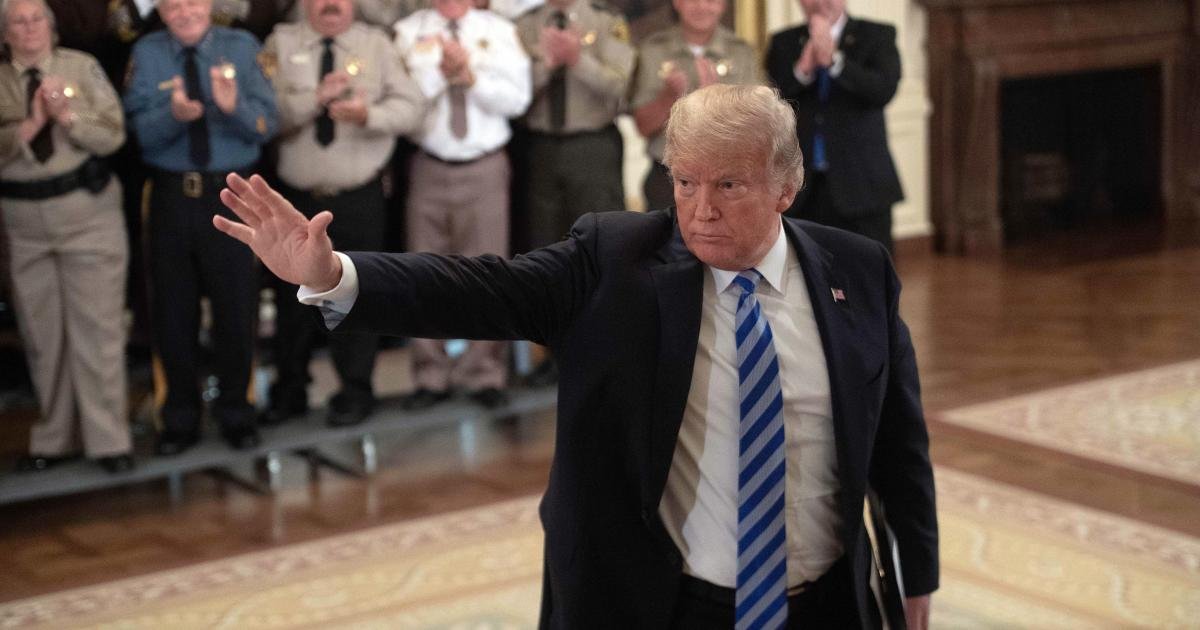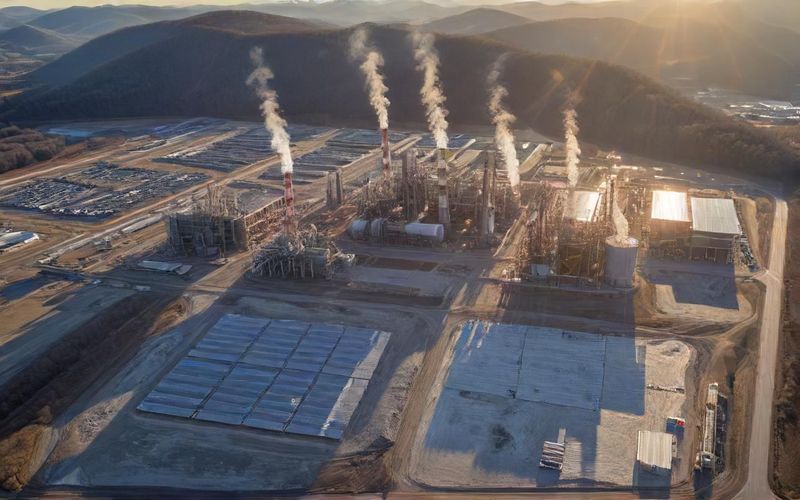Trump Tariffs Spark Recession Fears: Market in Turmoil

President Donald Trump’s planned unveiling of new tariffs on April 2nd, dubbed "Liberation Day," has sent shockwaves through the stock market and intensified fears of a looming recession. The market’s volatility follows a recent surge in recession predictions from major financial institutions.
Goldman Sachs increased its recession probability forecast for the next year from 20% to 35%, directly citing the impending tariffs as a contributing factor. This sentiment is echoed by other experts. Moody’s Analytics chief economist, Mark Zandi, called the April 2nd tariffs "the fodder for an economic downturn," raising his own recession probability to 40% from 15% earlier this year. J.P. Morgan economists also upped their prediction, to 40% from 30%, while acknowledging the resilience of the U.S. economy. However, they cautioned that a significant policy shock could disrupt even a healthy expansion.
Economists point to several ways the tariffs could trigger a recession. Wide-ranging levies on foreign goods could lead to decreased business investment as companies grapple with higher costs for imported raw materials. This, coupled with the potential for consumers to curtail spending in anticipation of higher prices, could significantly impact economic growth. The uncertainty surrounding the scope and duration of the tariffs further exacerbates the risk. Experts suggest that if both businesses and consumers reduce spending, the U.S. could easily tip into a recession.
The impact on consumers is particularly concerning. Experts widely expect importers to pass tariff costs onto consumers, potentially leading to a drop in consumer confidence and spending. Consumer spending accounts for roughly two-thirds of U.S. economic activity, and a recent survey showed consumer confidence falling to its lowest point since 2021. This decline, exacerbated by tariff-induced price increases, could further depress the economy.
While some key economic indicators, such as hiring and unemployment rates, remain strong, the potential for a recession persists. The risk of a trade war further complicates the situation, as retaliatory tariffs from U.S. trading partners could negatively impact American exporters' access to foreign markets. Although the Trump administration has not ruled out the possibility of a recession, they have suggested that some economic disruption might be necessary to bolster domestic production. The upcoming jobs report for March will offer additional insight into the current economic climate, as any significant job loss could add further weight to the growing concerns.









